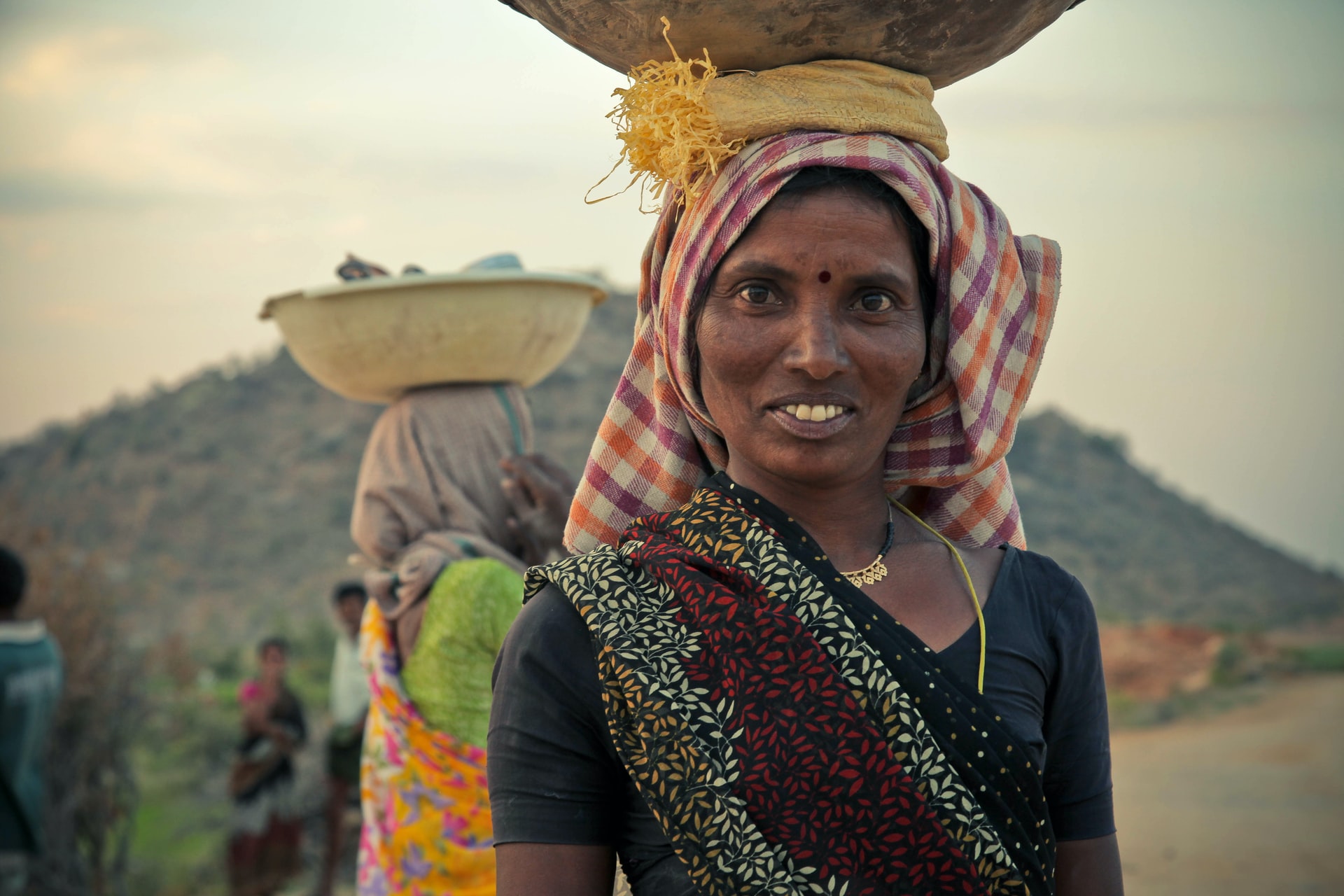India is a vast nation. Large Section of Population is still dependent on Public Distribution System for their Food requirements. Government is trying to achieve this through One Nation, One Ration Card. But what is this facility?
One Nation One Ration Card Launch
This is dream project initiated by Government of India to ensure food security to all the beneficiaries irrespective of their physical location in the country.
It was announced by Honorable Finance Minister, Mrs. Nirmala Sitharaman (Government of India) on 14th May, 2020.
This scheme is entitled for the whole nation but initially 20 states came on board to implement this scheme. This facility is considered as reform in Public Distribution System.
Before One Nation One Ration Card Facility
Basically Ration Card is issued by the State Government to the eligible households of the concerned state. Through this card they can purchase subsidized food grain from the Public Distribution System under the National Food Security Act (NFSA).
There are different types of Ration Card before and after the implementation of National Food Security Act. There are Above Poverty Line (APL) Ration Cards, Below Poverty Line (BPL) Ration Cards and Antyodaya Anna Yojana (ANY) Ration Cards Before National Food Security Act 2013.
But After National Security Act 2013, State Government identified households for eligibility to purchase subsidized food grains from Public Distribution System.
Now there are Priority Household (PHH) Ration cards and Antyodaya Anna Yojana (AAY) Ration cards.They are entitled for 5 Kg and 35 Kg of food grains per member per month respectively.
There are Ration Depots where all eligible beneficiaries can purchase food grains. Mostly all beneficiaries are from the state concerned or households identified by State Government as their own.
Need of One Nation One Ration Card
This facility can be seen as national portability of Ration Cards in the country. Shanta Kumar Committee was constituted by the Government of India in 2014. It explained the leakage in the Public Distribution System.
Under the ambit of National Food Security Act, it is necessary to address such leakage. Otherwise transparency and assurance of distribution of food-grains to real beneficiaries cannot be done.
In April 2018, government launched a scheme called Integrated Management of Public Distribution System (IM-PDS) to reform the public distribution system in the country.
Ministry of Consumer Affairs, Food & Public Distribution Government of India in December 2020 gave extension of the scheme of Integrated Management of Public Distribution System by one more year up to 31st March 2022.
This extension has an escalation in the total project cost of Rs. 127.3 Crore and it will be utilized to properly institutionalize the mechanism of national portability of ration under the scheme of One Nation One Ration Card.
In March 2020, global pandemic affects all major countries in the world. In India, a strict lock-down was announced by Prime Minister of India. A nation with great numbers of migrant workers and poverty, it was a difficult decision.
This is an undeniable reality that large section of population get food only if they work. This problem is severe for migrant workers in other states.
Lock-down took away work from them. They cannot avail the benefit of Public Distribution System. Migrant workers cannot purchase food on other states through outlets of Public Distribution System.
Methods to Implement This Facility
Ration Card portability can be achieved through 100 per cent of Aadhaar seeding and Installation of ePOS (Point of Sale) devices at Fair Price Shop in the country.
This new system will identify the beneficiary through Biometric Authentication on electronic Point of Sale (ePoS) devices.
This will allow beneficiaries to purchase food under National Food Security Act provisions. These methods will not only remove the leakage in the PDS but also provide eligible beneficiaries benefits to avails facility across the nation.
Status Report of this Scheme
In almost every state and union territory, work is on great progress. As on 16th December 2020, across the 715 Districts of 36 States and Union Territories: Out of 23,07,32,732 rations Cards, 19,77,93,891 are Aadhar Seeding Ration Cards.
There are 77,89,87,814 beneficiaries as per the Dashboard of National Food Security Portal. Out of 5,37,807 Fair Price Shop, 4,88,832 Fair Price Shops are POS enabled.
Government has maintained the transparency in IM-PDS through various portals. Anyone can see the status of distribution of Food Grains. Distribution of Food Grains through e-POS devices can be traced at Annavitran Portal.
Through the Portal of Department of Food and Public Distribution, We can see the real time State Wise IMPDS Transaction Details.








